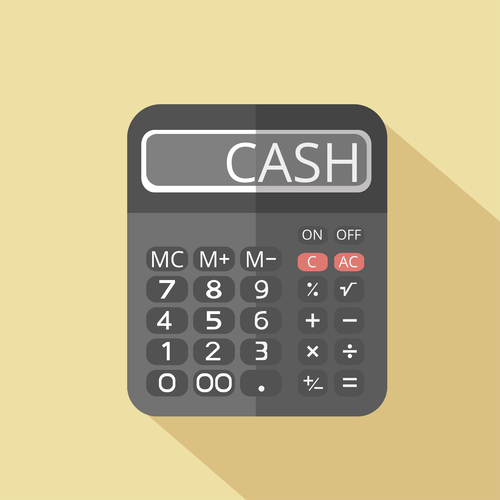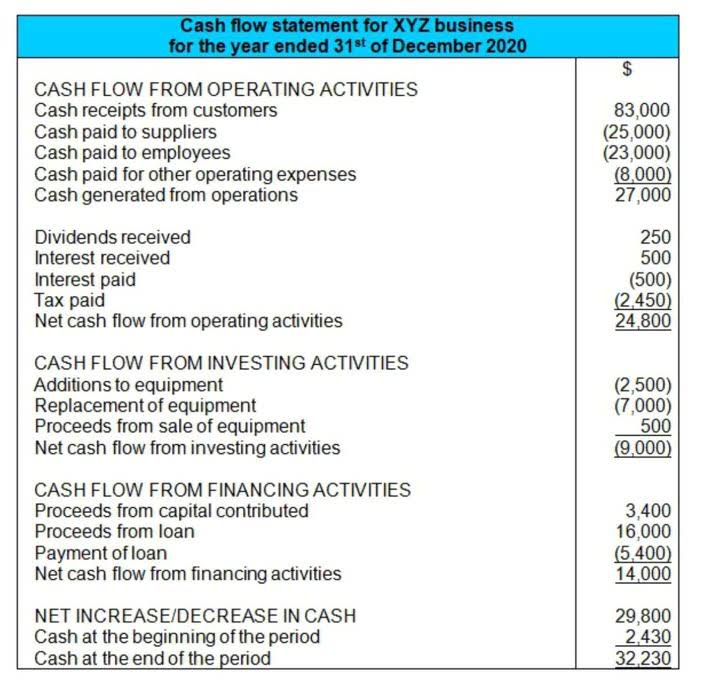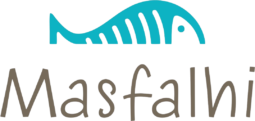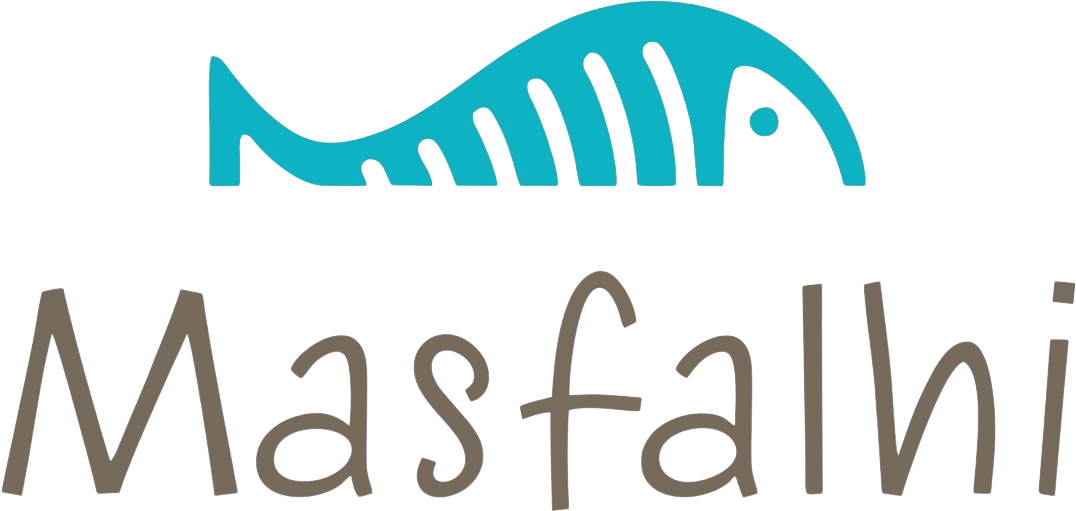
Revenue forecasts aid in setting pricing strategies, establishing sales targets, and evaluating marketing initiatives. Integrated demand forecasts underpin revenue predictions, ensuring consistency between expected patronage and corresponding earnings. A well-prepared budget enables a hotel to estimate its revenue and expenses for a given period. It allows management to allocate resources efficiently, identify potential cost savings, and set realistic financial goals. A demand calendar should explain the general trend and provide anticipated occupancy rates and other important budget in hotel information.

The big mistake hoteliers can make when creating a budget

Examples of variable costs in a hotel include housekeeping supplies, guest amenities, utility bills, food and beverage costs, and sales and marketing expenses. Start by collecting comprehensive historical financial data, including occupancy trends, ADR (Average Daily Rate), RevPAR (Revenue per Available Room), guest feedback, and market conditions. This data provides a strong foundation for your budget planning and revenue forecasting. Properly understanding and forecasting these costs is essential to ensuring that the hotel operates efficiently.
Labor cost (Salary and benefits)
- Despite some reviews mentioning a complimentary breakfast, guests reported that it was not provided as expected.
- In particular, technology like a hotel PMS (property management system) can help to automate predictable or repetitive actions.
- Hospitality is one of the industries that can turn unpredictable at any time.
- Expenses are typically broken down into department expenses and general operating expenses.
- Affordable long term rates are available for guests looking for an extended stay.
- When to visit our son and his wife and granddaughter they were moving and we needed a place close by.
Zero-based budgeting can help hotels eliminate unnecessary expenses, while incremental budgeting can save time and resources by building on the previous year’s hotel budget. While fixed expenses like rent and insurance remain steady, variable costs like utilities and supplies fluctuate based on occupancy and revenue. By analyzing these costs and implementing strategies to optimize them, hotels can improve their profitability and provide a better experience for their guests.

The Importance of a Budget in the Hospitality Industry

So before getting started with business budget planning for your hotel business, let’s look at the types of budgets that exist and the types of budgeting methods that hoteliers prefer. Ideally, your carefully planned budget will create more demand, decrease unsold rooms, and increase total revenue throughout the year. If you want your hotel operations to remain at a high level, you need to review your budget plan regularly. More or less, revenue planning should be revisited and tweaked every 6 months or so. Managing labor costs is critical for hotels because labor costs are typically balance sheet the largest operating expense.
How do hotels budget for new technology and solutions?
Use these insights to optimize your strategy—doubling down on what works and refining or reducing what doesn’t. Fixed costs, such as rent and insurance, remain consistent regardless of occupancy. Variable costs, like housekeeping supplies or energy usage, fluctuate based on guest volume. Most importantly, the budget is Online Bookkeeping not only about the numbers, it needs to be combined with an action plan.
- With GOPAR, You get to value both inflow and outflow of revenue and see if your hotel is really a profit-making asset.
- It is important for hotels to carefully assess the value they receive from travel agent partnerships to determine if the commission expense is justified.
- These costs can vary depending on factors such as the quality of the supplies, the number of guests, and the duration of their stay.
- Creating a demand calendar helps hotels adjust their pricing and staffing levels based on expected demand, which can increase revenue and reduce expenses.
- If your hotel has been patching a problem for years, it will need to be corrected eventually.
- Set SMART goals—specific, measurable, achievable, relevant, and time-bound—to give your financial plan direction.


